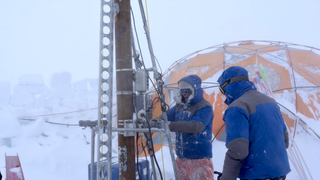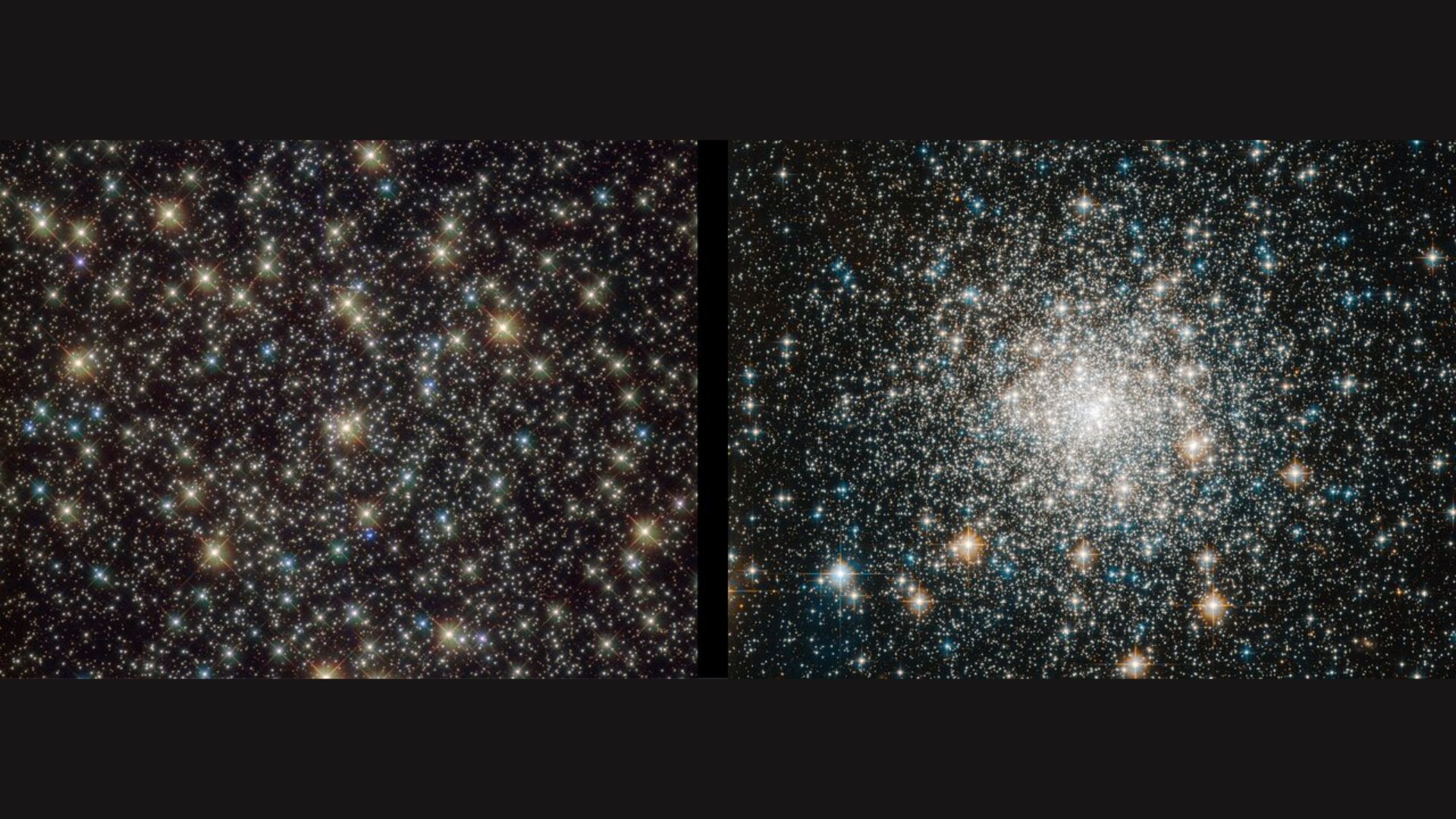
Matthew Sullivan
Dr. Matthew B. Sullivan's research focus is on the co-evolution of microbe and virus (phage) in environmental populations, as well as the impact of marine phages on microbe-mediated global biogeochemistry. Genomics and model-systems-based experimentation revealed that cyanobacterial phages often contain host photosynthesis genes, which are expressed during infection and act as a diversity generator for their numerically-dominant, globally-distributed photosynthetic hosts. Using a genomic and metagenomic toolkit, we query 'wild' viral populations to identify important hypotheses that can be evaluated using model-system approaches with appropriate phage isolates. The Sullivan lab is also developing single-cell assays to investigate questions that are critical for modeling and predicting the impacts of phage-host interactions in the wild. Specifically, these include gaining an understanding of the in situ host range of phage isolates, the metabolic capacity of to-date uncultured phage-host systems, the impacts of host growth status on phage production, and the fraction of microbial cells that are infected in wild populations.
Latest articles by Matthew Sullivan

Ancient viral genomes plucked from glaciers reveal how pathogens have adapted to Earth's shifting climate
By Zhi-Ping Zhong, Ellen Mosley-Thompson, Lonnie Thompson, Matthew Sullivan, Virginia Rich published
Over the past 41,000 years, viral communities have varied significantly between cold and warm climatic periods, scientists found.
Get the world’s most fascinating discoveries delivered straight to your inbox.
